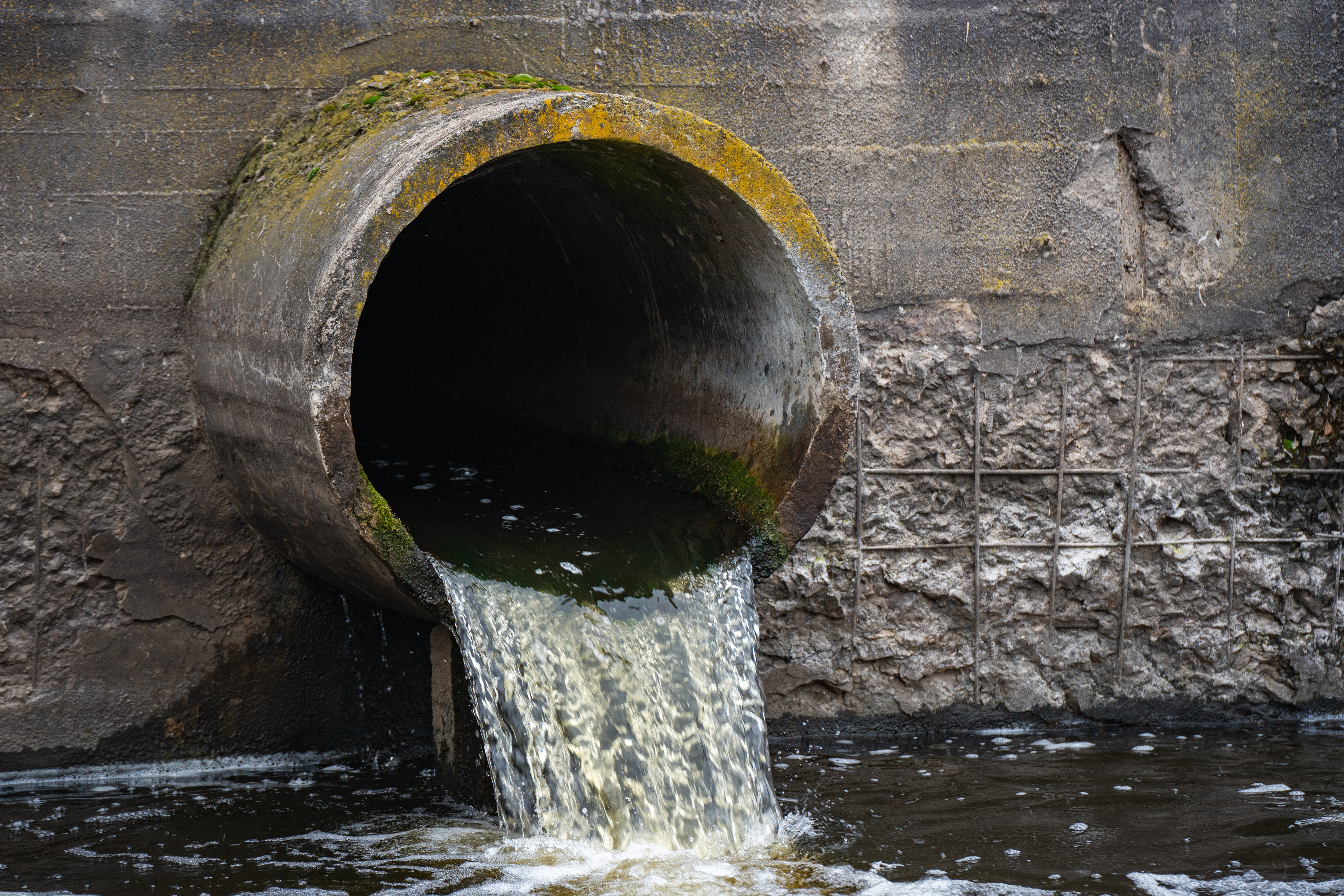We are Now Accepting Camp Lejeune Water Contamination Referrals

Camp Lejeune is a military base located in Jacksonville, North Carolina, on the east coast of the United States. Currently, it is combined with the new River Marine Corps Air Station. Service members from the marine expeditionary force and other branches of the military call Camp Lejeune home.
This base camp suffered from water pollution for many years between the 1950s and late 1980s. Unknowingly, military personnel and their families consumed, bathed, cooked, and washed with contaminated water.
In some cases, veterans who were present at Camp Lejeune during this period and later developed illnesses may qualify for disability benefits. Gay and Chacker’s mass tort lawyers are dedicated to assisting clients with their Camp Lejeune Water Contamination claims.
Those who lived in Camp Lejeune between August 1, 1953, and December 31, 1987, may be eligible to file a claim under a new federal law and receive compensation for damages incurred.
The Camp Lejeune Justice Act (PACT Act) Of 2022
Once President Biden signs the Camp Lejeune Justice Act, the Promise to Address Comprehensive Toxics Act (PACT Act) will become law. Numerous Camp Lejeune lawsuits are being filed nationwide by personal injury lawyers representing those who have been exposed to contaminated water at the military base. On August 2, 2022, the PACT Act became federal law. For those who were exposed to toxic substances in the drinking water at Camp Lejeune and those left to suffer from chronic health problems requiring ongoing medical treatment can now file lawsuits and seek compensation. Until the PACT Act was passed, Camp Lejeune victims were barred from suing under the Federal Tort Claims Act.
Water contamination claims at Camp Lejeune: What Are They?
During the 1980s, environmental testing at Camp Lejeune revealed that the water being administered to soldiers and civilians had become dangerously contaminated. Water in the area was polluted by chemicals from a dry cleaning company. Water treatment plants at Hadnot Point and Tarawa Terrace are involved. Camp Lejeune residents were exposed to toxic chemical substances at a level that was over 3,000 times the ATSDR-recommended safe limit.
What Caused the Camp Lejeune Water Contamination?
The Agency for Toxic Substances and Disease Registry (ATSDR) reported multiple sources of pollution. Underground storage tanks and waste disposal sites were among them. Among the toxic compounds found at Camp Lejeune are Volatile Organic Compounds (VOCs), which are present in cleaning products like detergents and solvents for dry cleaning. Groundwater was contaminated by solvents used by a nearby dry-cleaning company. Pollution also occurred in surrounding regions due to waste disposal sites and industrial spills. It has been reported that wells supplying water to the base exceeded set limits, according to the ATSDR. Over three years passed before the wells were shut down after the problem was first discovered in 1982. Further studies revealed that over 70 other chemical compounds were harmful to health. Among these toxins, the following are the most dangerous and prevalent.
- Trichloroethylene (TCE) and Perchloroethylene (PCE) – Hydrofluorocarbons are manufactured with TCE, an industrial chemical. TCE is commonly used as a degreaser. A high level of TCE contamination was found at Hadnot Point. According to several studies, TCE and PCE cause liver and kidney cancers, along with non-Hodgkin’s lymphoma and Hodgkin’s disease. Cervical cancer may also be associated with TCE exposure. There is some evidence that exposure to TCE is associated with multiple myeloma and cancers of the colon, prostate, and larynx.
- Benzene -There is evidence that benzene promotes cancerous growth in multiple myelomas, chronic lymphocytic leukemias (CLLs), and non-Hodgkin lymphomas.
- Vinyl Chloride -The chemical is produced when plastics are burned. The substance is highly carcinogenic and can cause several types of cancer, such as testicular cancer, colon cancer, and angiosarcoma. Liver cancer, lung cancer, and angiosarcoma rates are five times higher when exposed to vinyl chloride.
- Toluene – Researchers have found an increase in cancers of the breast, lungs, stomach, esophagus, colon, and particularly the rectum among workers exposed to toluene. As a result of exposure to the substance, workers are at risk for severe diseases such as lymphocytic leukemia, lymphosarcoma, non-hodgkin’s lymphoma and Hodgkin’s lymphoma.
Possible Side-Effects of the Water Contamination at Camp Lejeune
Several debilitating health conditions have been linked to the hazardous chemicals outlined above. Among them are:
- Leukemia
- Kidney cancer
- Breast cancer
- Bladder cancer
- Lung cancer
- Female infertility
- Miscarriage
- Esophageal cancer
- Non-Hodgkin’s Lymphoma
- Myelodysplastic syndrome
- Neurobehavioral effects
- Multiple myeloma
If you lived or worked on the base between January 1, 1953, and December 31, 1987, and you suffered from any severe health problem (including cancers not mentioned above), you can still receive care under the CCLFA if you can prove your diagnosis and difficulties were caused by toxic exposure to Camp Lejeune water.
It is possible for a family member to qualify if the sponsor (a qualified veteran) served at Camp Lejeune for at least 30 days between August 1, 1953 and December 31, 1987, if the family member lived on the base for at least 30 days during those dates, or if the veteran was the veteran’s dependent or spouse during these times. During the same period, infants born to pregnant women on the base are included.
Despite the resolution or effective treatment of primary health conditions, individuals may also develop secondary health complications as a result of toxic exposures at Camp Lejeune. As an example, liver cancer caused by toxic exposure may cause diminished liver function. A patient may have to prove that such a secondary condition is related to a chemical exposure in order to receive care from the VA.
Contact The Attorneys at Gay and Chacker Today for Assistance with Filing Your Claim
The Camp Lejeune Justice Act has paved the way for injured parties to file claims to recover their just compensation–even though decades have elapsed since the contamination was detected. The Act has extended the time to submit a claim until at least August 2023. Injured parties are encouraged to contact the Camp Lejeune Lawsuit attorneys at Gay and Chacker in Philadelphia, Pa, for help recovering the damages they deserve.








